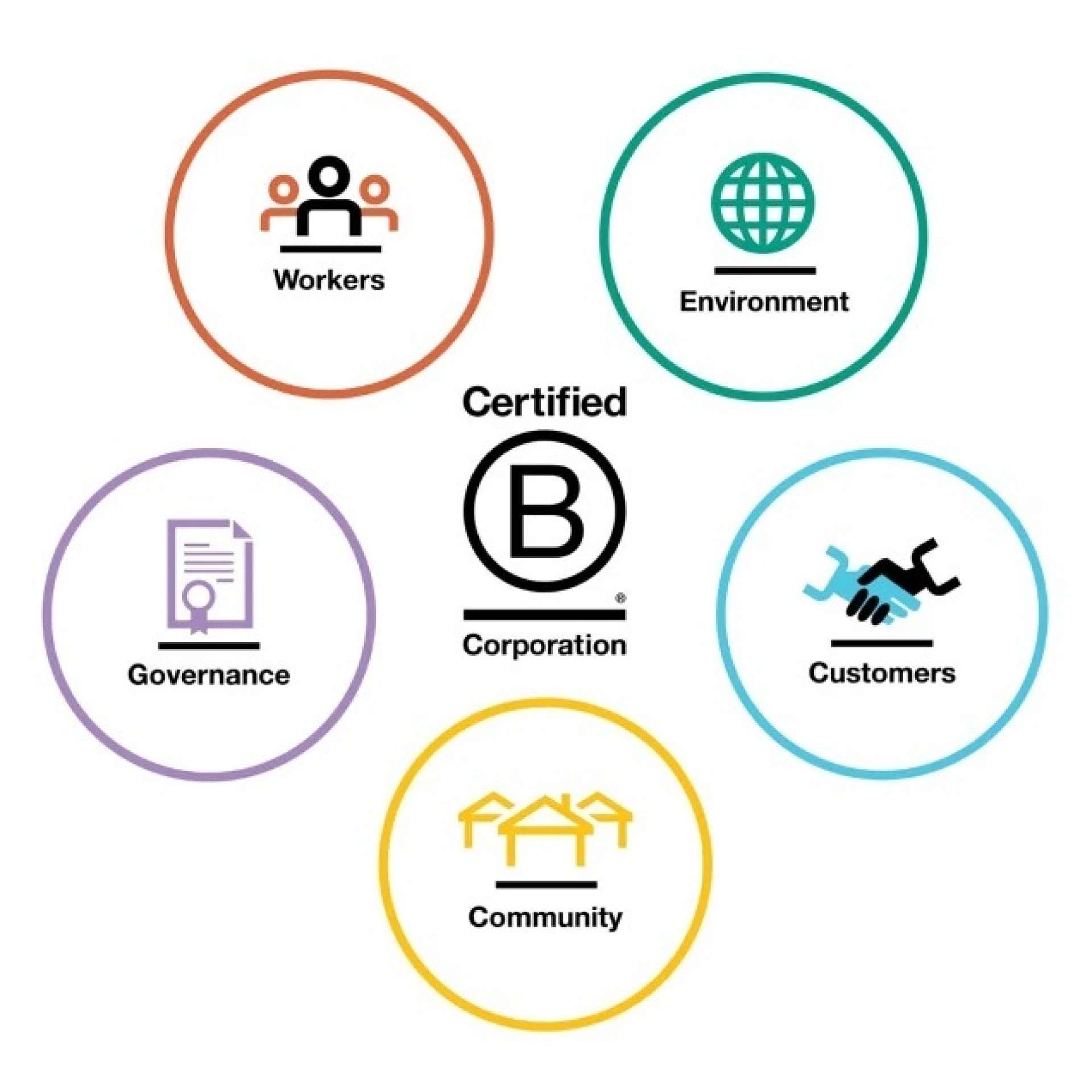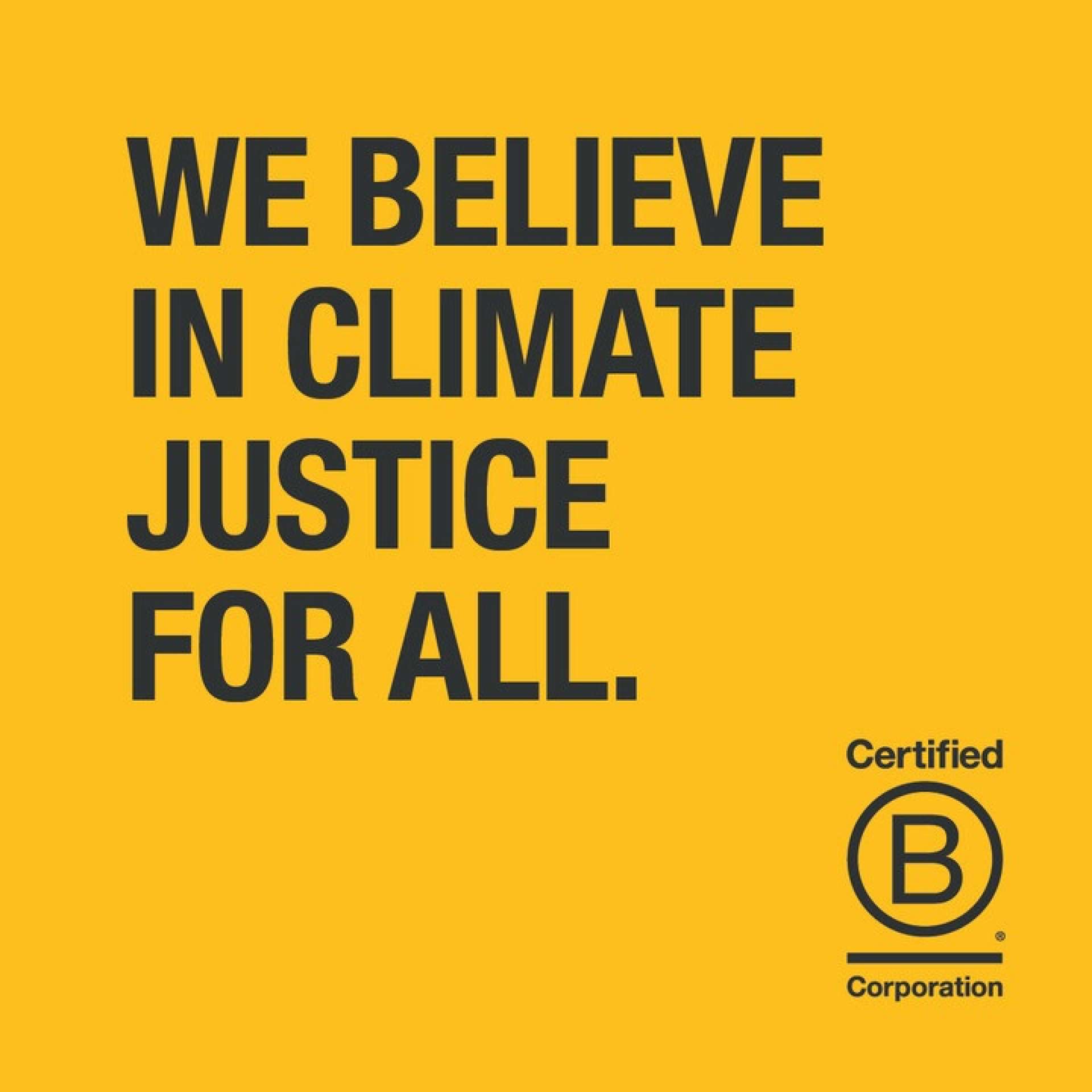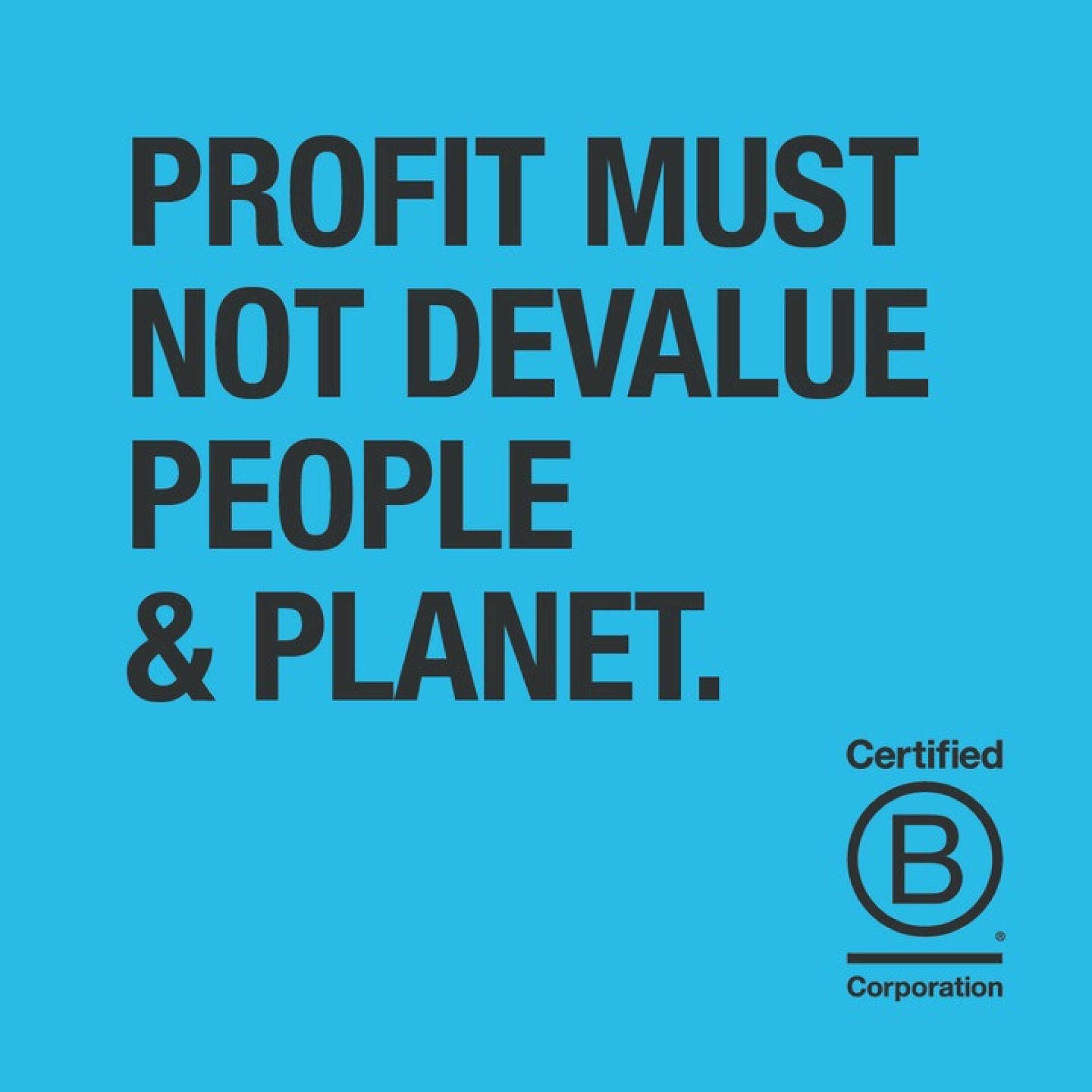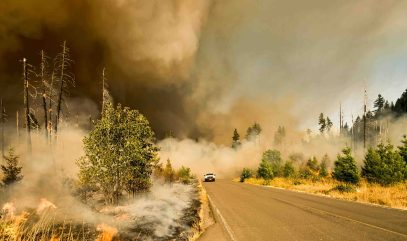Environment & Business Intertwined
Our Exploring the B Impact Assessment series examines each of the five sections in B Lab's B Impact Assessment - the tool that supports B Corp certification - and review examples of companies that have been recognized as Best for the World in their impact area. If you’ve read our Build a Better Business - Environment blog, you may be eager to revisit this topic and learn more about why implementing an employee engagement strategy in your company is important for long-term development.

The Environment section of the B Impact Assessment evaluates a company’s overall environmental management practices as well as its impact on the air, climate, water, land, and biodiversity. This includes the direct impact of a company’s operations and its supply chain and distribution channels. This section also recognizes companies with environmentally innovative production processes and those that sell products or services that have a positive environmental impact. Some examples might include products and services that create renewable energy, reduce consumption or waste, conserve land or wildlife, provide less-toxic alternatives to the market, or educate people about environmental problems.
Changing the paradigm
At the very root of our financial systems, business and environmental interests have been at odds. It is not uncommon for business owners to assume they cannot make a positive impact on the environment when the dominant narrative of shareholder capitalism is one of maximized profits over protection of resources. Over the past decade, the rise in conscious capitalism as a concept has challenged this narrative. Conscious Capitalism suggests that businesses should operate ethically while pursuing profits.
Doing good work for the planet creates new markets and makes [us] more money.
Rose Marcario - CEO of PatagoniaFor many, the different crises facing our environment have become paralyzing. The reality of extreme heat, ongoing food shortages, and disease have led business owners and individuals to become stuck in a cycle of apathy. The Journal of Social Issues found that human nature is limited in ways that create psychological barriers to taking action on the climate crisis. Many business owners and individuals are still asking whether their business operations can make a difference. The B Corp model seeks to use business as a way to move our system toward a just and equitable people / nature centered economy. Certified B corporations are helping break this apathetic narrative and leading by example, showing business owners that their industry’s actions can have a positive impact on the environment, while still making a profit.
The B Impact Assessment evaluates businesses through the lens of a stakeholder economy, where decisions benefit people and the planet. This system empowers business leaders to make decisions that consider the impact they have on stakeholders equally with the financial value they create, placing the planet as a primary stakeholder. These priorities help Certified B Corporations reduce the impact of their day-to-day operations and preserve our planet’s resources for the future.

B Lab’s Approach to Environmental Impact
The environmental section of the BIA is based on four main priorities:
- Environmental Management aims to review green building standards, virtual office stewardship, and environmental management systems
- Air & Climate evaluates renewable and total energy use, carbon emissions, carbon intensity, and carbon offsets
- Water Use assesses water consumption and conservation practices
- Land & Life considers non-hazardous waste, recycling, hazardous waste disposal, and chemical reduction methods
Within the Certified B Corp directory, there are many businesses that better position themselves for the environment. Let’s take a look at how these Best For the World Businesses implement environmental stewardship.
Metal & Wood | Manufacturing
Metal & Wood is a women-owned crafting company based in Pennsylvania. Their high-quality souvenirs and metal signs are from sustainable and ethically sourced materials. Their wood-based materials are all Forest Stewardship Council certified and they incorporate other conservation practices into their methods of production. Because their products are made of finite materials, Metal & Wood supports One Tree Planted and Smokey Bear Fire Protection for Forests.
Aslan Brewing Company | Beverages
Aslan Brewing Company is a brewery and restaurant located in Bellingham, Washington. As a certified B Corporation, Aslan is committed to enacting physical and systemic changes to their business. Their building operates on 100% Green Power Energy and all carbon is offset and invested with Puget Sound Energy. Their intricate rainwater system can collect up to 45 gallons of water per rainstorm, which is then filtered and returned to the community. Aslan Brewing Co. has made it their mission to provide their customers with sustainable and ethically sourced ingredients from farmers in their region.
Petaluma | Pet Food Company
Petaluma is a women-owned pet food company in California that is challenging the destructive industry of factory farming and pet food. Their products and packaging are designed to reduce environmental impact by using less water, land, and carbon. Petaluma’s new pet food bakery is powered by solar energy, further reducing its environmental footprint. They are also Climate Neutral Certified and a member of 1% for the Planet.

The Profitability of Protecting the Planet
One and three-year sales growth rates are significantly higher for B corps relative to their industry counterparts. The Global Sustainability Study of 2021 indicated that 85 percent of people “have shifted their purchasing behavior towards being more sustainable in the past five years”. Deepening concern for the climate goes beyond just consumer trends and into the foundations of purpose-driven business operations.
The Institute for Business Values reported that 67% of surveyed respondents indicated they are more willing to apply for jobs related to sustainability and 68% are more willing to accept positions from companies with clear and robust sustainability values and programs. The B Corp movement uses a value-driven approach to business that prioritizes people and planet before profit.
Environmental work is not a side project for us. It is literally the primary reason we are in business.
Hans Cole - Director of Environmental Campaigns and Advocacy at PatagoniaThe Rule, Not The Exception
B Corporations are becoming the rule, not the exception. The B Corp community challenges the existing limitations of shareholder capitalism and reimagines it. But that does not exclude us from the continued need for action. The certification is just one example of businesses measuring the repercussions their practices have on the environment. We are in a position as business leaders where doing nothing means everything. It is time to correct that and collectively take action.
…
Measure Meant strives to give local businesses the tools and strategies they need to make an impact. Are you interested in getting started? Let’s make a difference together!
Read More
Reject the business case for sustainability: The 1980s wants its business case back
They say a rising tide raises all boats. But there isn’t any raising to be done when the tide no longer comes into the bay – all boats remain stranded. We are often asked about the business case for sustainability. For y
Protect Your Community or Organization with a Climate Action Plan
Introduction Our changing climate impacts every aspect of our lives—our economy, our communities, and the environment—in ways both visible and unseen. While scientists and environmental organizations have long recognized
Witnessing the world of sustainable business firsthand
As a young student with a passion for climate justice and sustainability, it always felt like a contradiction to pursue a degree in business. From what I had witnessed, businesses didn’t necessarily operate ethically. Mu
Interning with Purpose: My Journey with Measure Meant
From January to May 2024, I had the distinct pleasure of working with Measure Meant as an Operations Intern. As a graduating senior at Gonzaga University, I had not planned on pursuing another internship in my final seme




